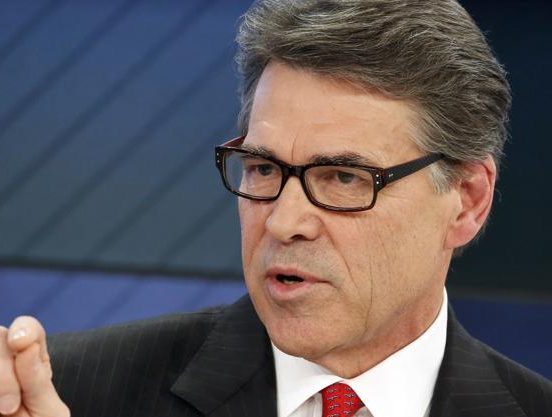
A lobbying group representing US manufactures says the Department of Energy’s continued approval of new LNG export terminals could significantly deplete American natural gas supplies within a little more than three decades.
In a letter to Energy Secretary Rick Perry Wednesday, the Industrial Energy Consumers Alliance asked he stop approving new LNG export terminals that will send American natural gas to countries without which the United States has a free trade agreement – as it does with Mexico and Canada.
“It is time for the U.S. Department of Energy to put American residential and industrial consumers first by establishing a moratorium on further LNG export approvals to non-free trade agreement countries, and put consumer safeguards in place,” ICEA President Paul N. Cicio said.
The Trump administration has described the burgeoning U.S. LNG industry as critical to its plans to grow the domestic energy industry, building on initiaitives taken by former President Barack Obama.
But as gas exports rise, many economists suspect that so too will domestic gas prices – raising energy costs for the nation’s industrial and manufacturing industries.
The ICEA is arguing the Obama administration failed to consider the “cumulative impact” of approving terminals to exports to both countries with and without free trade agreements with the United States. And using federal data, the ICEA claims that at current federal projections for gas exports, the United States will use almost 60 percent of its “technically recoverable” gas reserves by 2050 and likely even more if Trump approves more terminals.
But estimates on domestic reserves are notoriously conservative, and executives in the natural gas industry believe that as they continue to hone hydraulic fracturing techniques and explore more shale deposits they will tap way more gas than the current federal estimate of 2,214 trillion cubic feet of gas reserves.
“In fact, if the 1966 estimate of 600 Tcf had remained static, the U.S. would have run out of natural gas 10 years ago,” reads a report on the topic by the Potential Gas Committee, a research group funded by the American Petroleum Institute and other oil and gas interests.
This article first appeared on the Houston Chronicle – an Energy Voice content partner. For more click here.
Recommended for you
